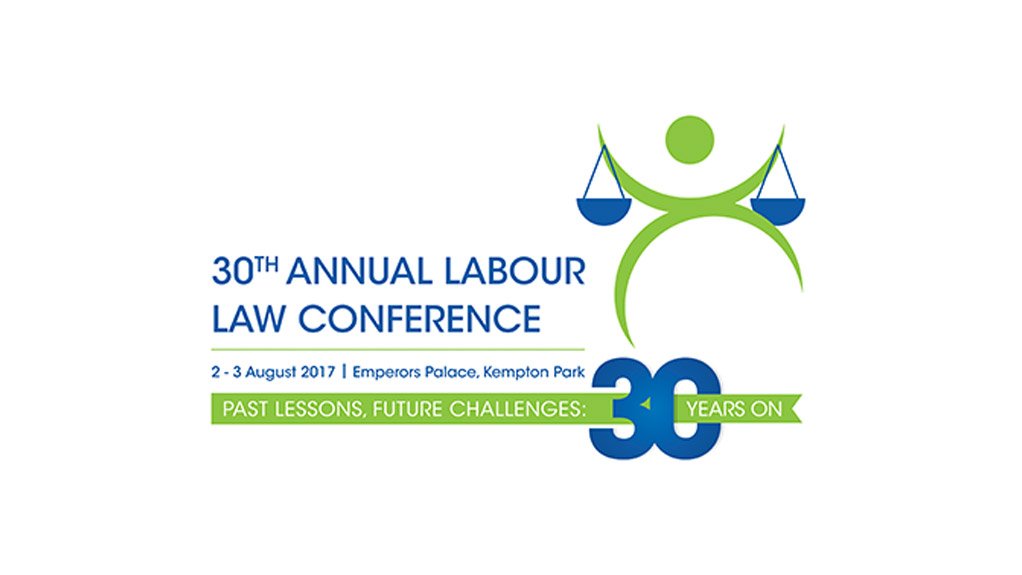The judge described this case as a tale of white mischief in the farming community of the Eastern Cape. An employee, and a 49 percent shareholder in the business, was employed as a professional hunter and safari leader at a game lodge. The employee and his family, and the boss and his family lived close by to each other and were good friends. They socialised together. As it transpired certain members of the family were particularly ‘close’. The employee’s wife was having an affair with the boss. It lasted for years. The employee found out about it in 2013.
His wife and his boss apologised for their conduct and the employee forgave them and continued to work there. The boss’ wife was not so forgiving and left her husband. Despite the apology and pleas for forgiveness, the affair continued for another two years (unbeknownst to the cuckolded employee).
In April 2015, after a drinking session, the boss taunted the employee with insinuations that the affair was ongoing. For over three months the employee did nothing. It was only in mid July 2015 that he resigned and took up employment with a competitor. He poached clients from his former employer and this gave rise to other litigation which raised the interesting question of whether evidence obtained by illegally hacking into a party’s Facebook account was admissible (it was found to be admissible on the facts of that case). However this was not the issue in this case. This case was about an alleged constructive dismissal. A constructive dismissal is where the employee’s resignation is not a voluntary act but where he has been forced to resign because continued employment is intolerable for him.
At the time of resigning, the employee did not mention the affair as his reason for resigning, and on his Facebook page he posted that he was leaving to pursue ‘bigger thinking,’ which the judge appears to have interpreted as meaning that he was leaving to pursue better employment prospects with the competitor business.
However, the employee later claimed that he had effectively been forced to resign because continuous employment was intolerable because of the affair between his wife and his boss. In short, he claimed constructive dismissal. He was unsuccessful in the CCMA and he took the case on review to the Labour Court. He was also unsuccessful there.
The fatal weakness in his case was that he had continued to work for his boss for a substantial period of time after learning of the affair – how then could the employment have been intolerable as a result of the affair? In addition he had not made any attempt to address the situation with his boss before resigning. Further, on the evidence, the court found that the true reason he had left was to take up employment with the competitor because of better opportunities there. Tellingly, during cross examination, the employee conceded that the affair ‘was not the trigger’ for his resignation. Accordingly the requirements for establishing a constructive dismissal were not met.
The principles to be extracted from this case are that in order for a dismissal to fall within the ambit of section 186 (1) (e) and thus be considered to be constructive dismissal, the facts must prove that the sole reason the employee left his employment was due to an intolerable employment relationship caused by the employer. Continuing in the employment relationship following the incident or conduct giving rise to the alleged intolerability may invalidate a claim of a constructive dismissal, especially, where the intolerability was not raised with the employer to give him an opportunity to address the situation.
In this particular case, the alleged intolerable situation was not even mentioned as a reason for the resignation at the time.
This year, it is the 30th anniversary of the Annual Labour Law Conference (formerly organised under the auspices of Lexis Nexis South Africa, now under the mantle of The Conference Company partnered with UKZN, Wits and UCT). With the theme of “Past Lessons, Future Challenges: 30 years on”, this year’s programme is an especially exciting one, and you can expect to hear presentations on a wide range of labour related topics including a current update on the law pertaining to unfair dismissals. The conference takes place from 2 to 3 August 2017 at Emperors Palace in Kempton Park. It is the largest gathering of its kind in Southern Africa attracting some 800 professionals from around the country annually. For bookings or more information on the 30th Annual Labour Law Conference, visit www.annuallabourlawconference.co.za
By Nicci Whitear, LLM, Senior lecturer, UKZN; CCMA Commissioner and consultant attorney at Austen Smith attorneys, PMB





